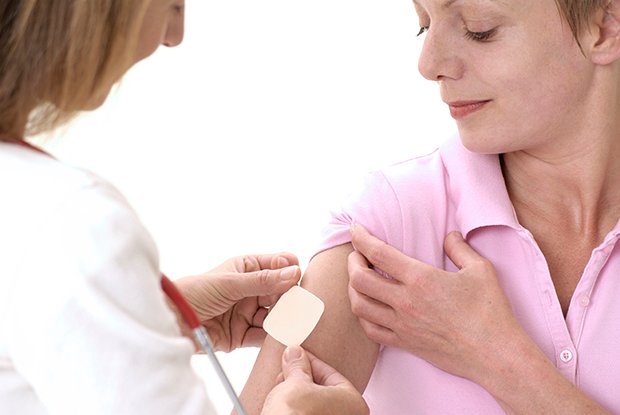When people hear “menopause hormone therapy” (MHT), they often imagine it’s reserved for women battling severe hot flashes or life-altering night sweats. While it’s true that hormone therapy can be life-changing for those symptoms, limiting its use to only the most extreme cases overlooks the broader health benefits and quality-of-life improvements it can offer.
In this article, we explain why hormone therapy isn’t just for severe menopause symptoms—and why women with mild or even no symptoms might still want to consider it.
1. Menopause Affects More Than Just Temperature Regulation
Hot flashes and night sweats (vasomotor symptoms) get the most attention—but menopause impacts multiple systems in the body due to declining estrogen and progesterone levels. Even if you’re not drenched in sweat every night, you might experience:
- Mood swings or depression
- Fatigue or “brain fog”
- Low libido
- Vaginal dryness and discomfort
- Urinary incontinence or infections
- Insomnia
- Joint aches and stiffness
Hormone therapy can improve all of these symptoms—not just the obvious ones.
2. Bone Health and Osteoporosis Prevention
Even in the absence of hot flashes, estrogen loss after menopause leads to accelerated bone loss, increasing the risk of osteoporosis and fractures. Many women don’t realize that MHT is FDA-approved for osteoporosis prevention, making it a proactive measure even for women without noticeable menopause symptoms.
🔍 Fact: According to the North American Menopause Society, hormone therapy is one of the most effective treatments for preventing bone loss in postmenopausal women under age 60.
3. Cardiovascular Benefits—If Started Early
Research now supports the “timing hypothesis”: hormone therapy may actually protect heart health when initiated in early menopause (before age 60 or within 10 years of the final period). Estrogen helps maintain flexible blood vessels and favorable cholesterol levels.
Women without major symptoms but with a family history of heart disease may benefit from HRT as a preventive strategy, under the guidance of a qualified provider.
4. Sexual Health and Urogenital Symptoms
Even mild vaginal dryness or discomfort during intimacy can strain relationships and self-esteem. Hormone therapy—especially low-dose vaginal estrogen—can dramatically improve:
- Lubrication
- Elasticity
- Urinary tract health
- Pain during intercourse
These issues often begin subtly and progress over time, so starting treatment early can prevent worsening.
5. Cognitive Function and Mental Clarity
Many women report “brain fog,” forgetfulness, or difficulty concentrating during menopause. While not always severe, these subtle changes can affect work performance and daily life. Some studies suggest that early hormone therapy may support cognitive health, especially when started at the beginning of menopause.
🧠 While not a cure-all, HRT may help women feel mentally sharper, more emotionally balanced, and less overwhelmed.
6. Improved Sleep Quality
Even without night sweats, menopause can disturb sleep through changes in hormone levels. Many women experience restless sleep, early waking, or insomnia, which can contribute to fatigue and mood issues. Estrogen therapy has been shown to improve sleep quality and duration.
Better sleep leads to:
- Improved mood
- Better cognitive performance
- Easier weight control
- Lower inflammation
7. Preventive and Quality-of-Life Benefits
If you wait until symptoms become unbearable, you may miss the optimal window to benefit from hormone therapy. By starting early, women can often:
- Preserve long-term health
- Prevent irreversible tissue thinning in the vagina
- Reduce future cardiovascular risk
- Maintain bone density more effectively
Many providers now take a preventive and holistic approach—focusing not only on symptom relief but also on optimizing well-being and aging gracefully.
8. Tailored Treatments for Every Woman
Modern hormone therapy is not one-size-fits-all. Women can choose from:
- Patches
- Creams
- Pills
- Vaginal rings
- Gels
- Bioidentical options
This means treatment can be customized for your unique goals, risk profile, and lifestyle—even if your symptoms are mild or mostly emotional or sexual in nature.
Final Takeaway
Hormone therapy isn’t reserved for women in crisis mode—it’s a powerful tool for proactive health management, aging support, and daily comfort. Whether your symptoms are mild, moderate, or not yet noticeable, it’s worth having a conversation with a menopause-informed provider.
You deserve to feel like yourself at every stage of life.




